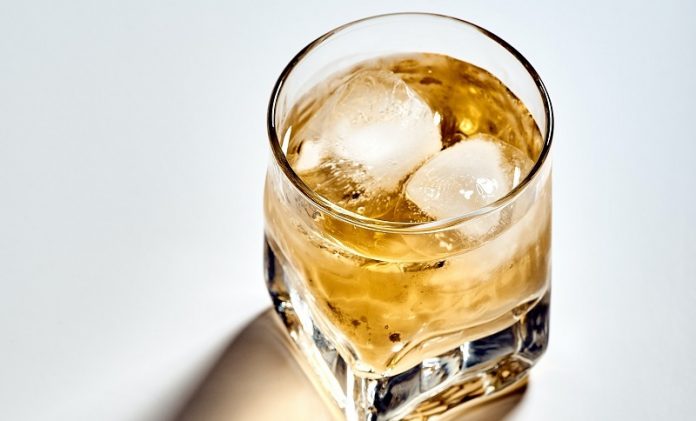
Scientists from Oxford Population Health found that alcohol directly accelerates aging by damaging DNA in telomeres.
The research is published in Molecular Psychiatry and was conducted by Dr. Anya Topiwala et al.
The short-term effects of excessive drinking are well known, but to date, it has been less certain whether alcohol also accelerates the aging process.
Telomeres are repetitive DNA sequences that cap the end of chromosomes, protecting them from damage. Telomere length is considered an indicator of biological aging since 50-100 DNA bases are lost each time a cell replicates.
Once telomeres become too short, cells can no longer divide and may even die.
Previous studies have linked shorter telomere lengths with several aging-related diseases including Alzheimer’s disease, cancer, and coronary artery disease.
In the study, the researchers examined the association between alcohol intake and telomere length in over 245,000 participants in the UK Biobank.
They used genetic variants that have previously been linked to alcohol consumption and alcohol use disorders in large-scale genome-wide association studies.
The researchers also performed an observational assessment, based on the participants’ self-reported weekly alcohol intake at recruitment.
They found a strong association between high alcohol intake and shorter telomere length.
Compared with drinking less than 6 units of alcohol a week (about two large 250ml glasses of wine), drinking more than 29 units weekly (about ten 250ml glasses of 14% alcohol by volume wine) was linked to between one and two years of age-related change on telomere length.
Individuals who had been diagnosed with an alcohol-use disorder had much shorter telomere lengths compared with controls, equivalent to between 3 and 6 years of age-related change.
Similarly, higher genetically-predicted alcohol drinking was linked to shorter telomere length. An increase from 10 units to 32 units per week was associated with the equivalent of 3 years of aging.
However, the association between genetically-predicted alcohol consumption and telomere length was only strong for those drinking more than 17 units per week.
This suggests that a minimum amount of alcohol consumption may be required to damage telomeres.
The analysis also found a strong association between genetically-predicted alcohol-use disorder and telomere length, equivalent to around 3 years of aging.
Most of the participants were current drinkers, with only 3% being never drinkers and 4% being previous drinkers. 51% were men, 49% were women, and the average age was 57 years.
These findings support the suggestion that alcohol, particularly at excessive levels, directly affects telomere length.
Shortened telomeres have been proposed as risk factors that may cause a number of severe age-related diseases, such as Alzheimer’s disease.
The results provide another piece of information for clinicians and patients seeking to reduce the harmful effects of excess alcohol. Furthermore, the dose of alcohol is important—even reducing drinking could have benefits.
If you care about alcohol, please read studies that alcohol abuse can be a symptom of dementia and new way to treat mild cognitive impairment and mild dementia.
For more information about aging, please see recent studies about the promising Alzheimer’s drug that may improve memory in aging, and results showing these fruits could slow down brain aging and cognitive decline.
Copyright © 2022 Knowridge Science Report. All rights reserved.



